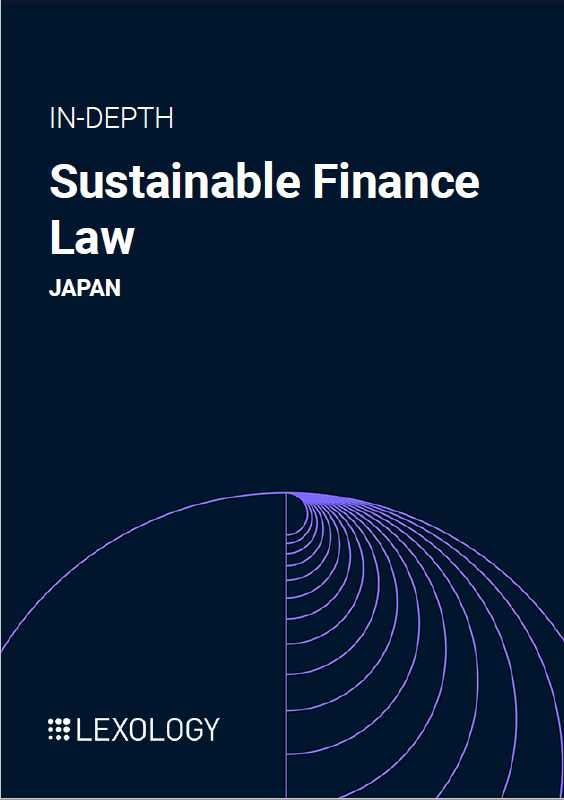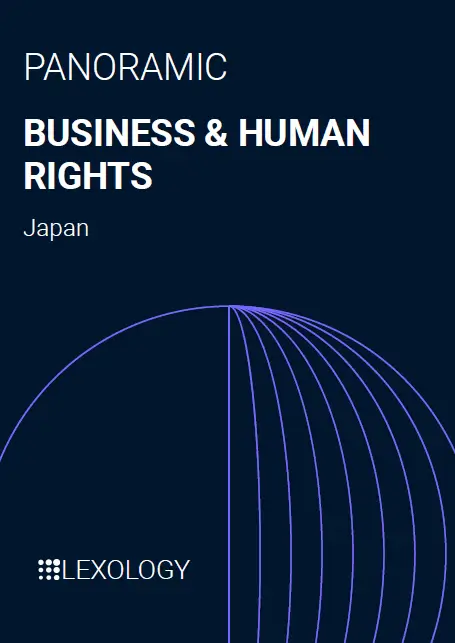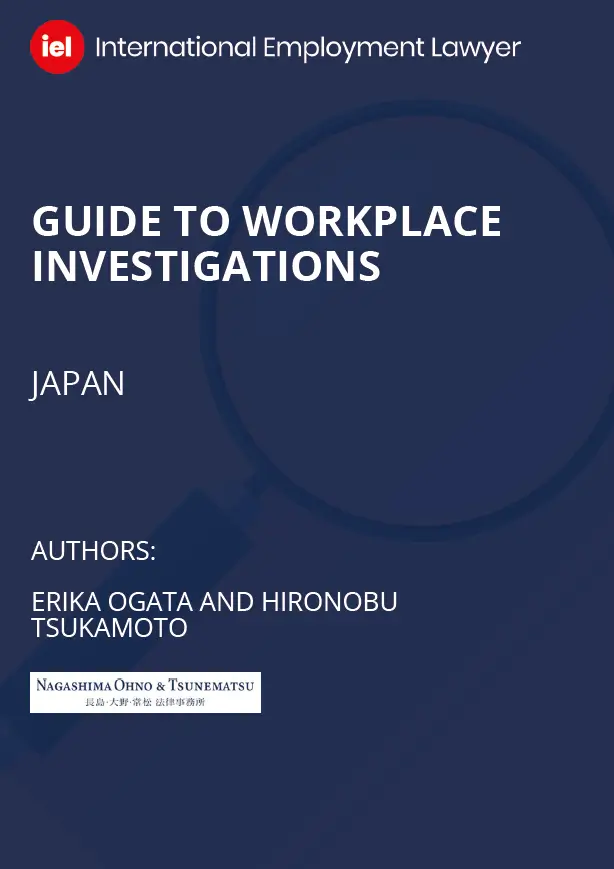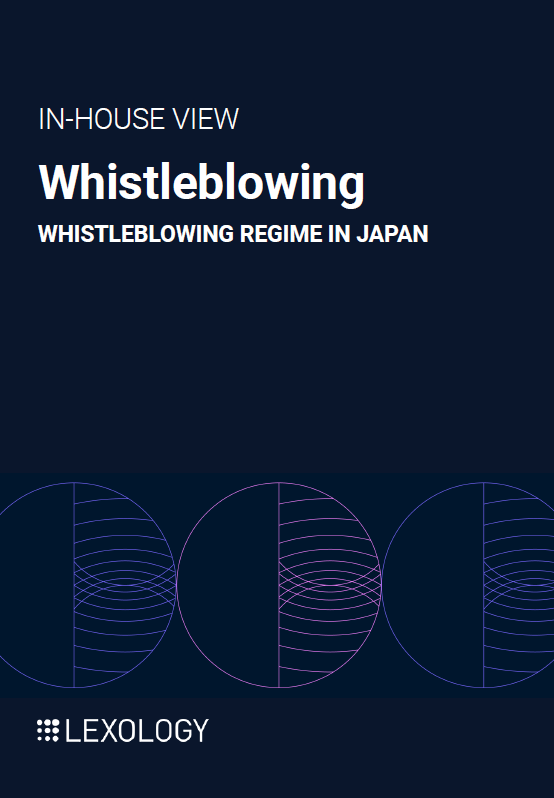
NO&T Thailand Legal Update
For the past few months, several authorities, including the Department of Business Development (the “DBD”), the Royal Thai Police, and the Department of Special Investigation (the “DSI”) have been actively enforcing the Foreign Business Act of 1999 (the “FBA”), resulting in inspections targeting nominee shareholders acting on behalf of foreign juristic persons (the “Nominee Offense(s)”; to be summarized further below). On 10 October 2024, the DSI published the latest precedent case of the actual sanctions imposed by a criminal court regarding such Nominee Offenses. Its summary and our analysis are described below.
The Security Crime Division of the DSI investigated a local law and accounting firm in Phuket Province, Thailand, related to advising, forming and facilitating companies with a nominee structure for foreigners. It was found that this local firm had been heavily involved with the nominee arrangement of approximately 60 suspected companies by provision of Thai nationals as nominees to act as directors or shareholders. This enabled those nominee companies to operate a restricted business requiring a foreign business license or certificate before operating under the FBA (the “Restricted Business”) and hold real properties in violation of the Land Code, resulting in a negative impact on the economy and national security. The DSI also alleged that, because these nominee companies usually transfer ownership of the real properties by way of share transfers rather than the normal registration of the transfer of real properties at the land office, the government was losing billions of Thai Baht per year due to the loss in tax and official fees to be collected with respect to such transfers. Consequently, the DSI prosecuted this case and filed a complaint with the Criminal Court on 11 September 2024.
On 11 September 2024, the Criminal Court sentenced 23 defendants on the grounds of the Nominee Offenses, including Thai nationals, foreigners, Thai juristic persons, and foreign juristic persons. Their violations are as follows:
The Court initially imposed a penalty of 10 years imprisonment as a result of several distinct and different offence, however, because the defendants cooperated with the officers by confessing, which was beneficial to the case, and the defendants had no previous criminal record, the punishment was reduced to 5 years with a suspension period of 2 years, subject to probation for 1 year and a fine of THB 200,000 for each defendant. Also, the defendants, which are companies using nominee shareholders to operate the Restricted Business, have also been sentenced to be dissolved. The Thai national defendants, those involved in such Nominee Offenses, were ordered to cease such acts.
A Nominee Offense involves the use of Thai nationals or entities to act as “nominees” for foreigners in order to circumvent legal restrictions under the FBA or other related law. For example, a foreigner hires a Thai national to be a major shareholder in a company on behalf of the foreigner, effectively allowing the company to attain the status of a Thai juristic person, thereby allowing the company to operate the Restricted Business.
The abovementioned act is considered an offense under Section 36 of the FBA. As a result, the company will be in violation and leading to penalties under the FBA. These penalties include imprisonment for a period not exceeding 3 years, a fine from THB 100,000 to THB 1,000,000, or both, and the Court may order the cessation of the business operations. Additionally, if directors, partners, or individuals with authority in the company conspire in such violations or fail to take reasonable action to prevent them, they may also face penalties under Section 41 of the FBA, which include imprisonment not exceeding 3 years, a fine from THB 100,000 to THB 1,000,000, or both. Furthermore, under the Land Code, if a nominee offense involves holding land for a foreigner, nominees are subject to a fine not exceeding THB 20,000 or imprisonment not exceeding 2 years, or both, under Section 113. Foreigners who permit such acts are subject to the same penalties under Section 111, while foreign juristic persons are subject to a fine not exceeding THB 50,000 under Section 112.
In investigating Nominee Offenses, officers consider whether a company has committed a Nominee Offenses based on various factors including:
For example, officers examine not only the number of shares held by foreigners but also the types of shares, especially in cases where preference shares are used to grant foreign shareholders favorable voting and dividend rights. The officers also examine if the board of directors consists of only foreigners or if there are conditions requiring foreign involvement in decision-making. Additionally, officers also review if the company lends money with unusual terms and conditions to foreigners※1.
Recently, the DBD and DSI officers are actively and intensively enforcing several violations of the FBA, especially in the case of Nominee Offenses. Furthermore, the most common types of industries being actively investigated are real estate and tourism, particularly in Phuket, Surat Thani, and Chiang Mai. Both foreign and Thai juristic persons should review their business activities and shareholding structures to determine whether their business operation may involve the Nominee Offenses engaging in activities that fall under the Restricted Business, and to ensure that their shareholding structures are free from Nominee Offenses.
If any company suspects it may be at risk of violating the FBA, we recommend consulting a lawyer specializing in foreign business operations, or feel free to consult with our firm or a lawyer/another firm specializing in foreign business operations.
*1
Guideline for the investigation in connection with offenses under the Foreign Business Act, prepared by the Department of Special Investigation (July 2015)
This newsletter is given as general information for reference purposes only and therefore does not constitute our firm’s legal advice. Any opinion stated in this newsletter is a personal view of the author(s) and not our firm’s official view. For any specific matter or legal issue, please do not rely on this newsletter but make sure to consult a legal adviser. We would be delighted to answer your questions, if any.


Chattong Sunthorn-opas, Thunsinee Sungmongkol (Co-author)


Ario Putra Pamungkas


Long Nguyen


Rashmi Grover


Chattong Sunthorn-opas, Thunsinee Sungmongkol (Co-author)


Ario Putra Pamungkas


Rashmi Grover


(December 2024)
Hiromi Hattori, Yuichi Miyashita (Co-author)


(April 2025)
Ayumi Fukuhara, Momoko Yamashita, Nina Newcombe (Co-author)


(January 2025)
Hironobu Tsukamoto, Eriko Ogata (Co-author)


Yothin Intaraprasong, Waritpan Titatornwattanasiri, Yanisa Wiboonthan (Co-author)


(September 2024)
Daisuke Fukamizu, Kosuke Gunji (Co-author)


Patricia O. Ko


Ngoc Hoang


Yuan Yao Lee


Chattong Sunthorn-opas, Thunsinee Sungmongkol (Co-author)


Patricia O. Ko


Ngoc Hoang


Yuan Yao Lee


Chattong Sunthorn-opas, Thunsinee Sungmongkol (Co-author)


Chattong Sunthorn-opas, Thunsinee Sungmongkol (Co-author)


Yothin Intaraprasong, Yosuke Konno, Naruenad Charoenpakdee (Co-author)


Poonyisa Sornchangwat, Kwanchanok Jantakram (Co-author)


Yothin Intaraprasong, Chattong Sunthorn-opas, Thunsinee Sungmongkol (Co-author)